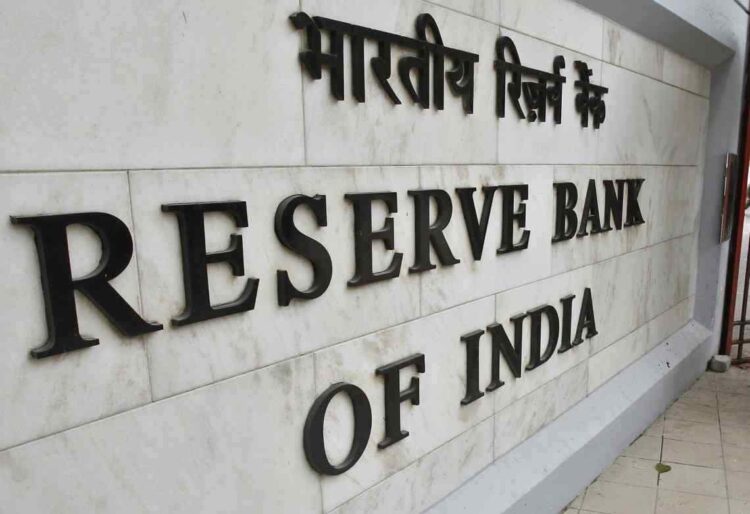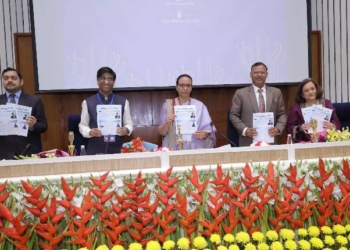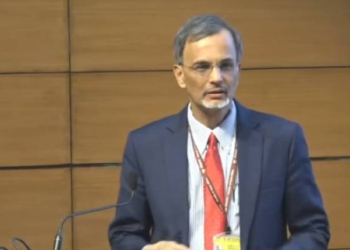New Delhi: The three-day Reserve Bank of India’s (RBI) Monetary Policy Committee (MPC) meeting began on Wednesday, as the central bank seeks to balance fostering economic growth with managing inflation.
The focus once again is on the repo rate which has been steady at 6.5 per cent for the past nine MPC meetings and the status quo may continue for some more time, as an immediate rate cut may not be easy for the MPC to justify, especially as their commentary has been assertive on durable disinflation being the primary mandate, experts said.
In Q2 of FY25, the GDP grew by 5.4 per cent as the Consumer Price Index (CPI) stood at 6.21 per cent in October, above the RBI’s projection of 4.8 per cent.
Emkay Global Financial Services said in a note that even as the RBI’s growth/inflation forecast will see significant downward/upward revisions, an immediate rate cut may not be on the cards.
“The timing and window of cuts are tricky and small amid fluid global dynamics, while the RBI may also want to weigh the FX cost of rate cuts (liquidity implication/sterilization cost, and imported inflation),” the note read.
Even as inflation is likely to ease by the end of March 2025 (led by easing food), it is far from the 4 per cent durability the RBI has been seeking in order to avoid any feedback loop to generalised inflation. The recent RBI commentary has been assertive on this front, albeit with a presumption that growth is robust.
According to Bajaj Broking Research, the RBI aims for sustainable control without compromising economic progress.
“India’s GDP shows resilience. The policy balance between growth and inflation will be crucial and a ‘neutral’ stance would reflect a balanced economic approach,” said the brokerage.
The outcome of this meeting will be closely watched by markets and analysts, as it will provide further guidance on the RBI’s approach to managing the complex dynamics of growth and inflation.
This is the fifth MPC meeting for FY25. During the last meeting, the RBI kept the repo rate at 6.5 per cent and shifted its stance to “neutral.”
(IANS)
















